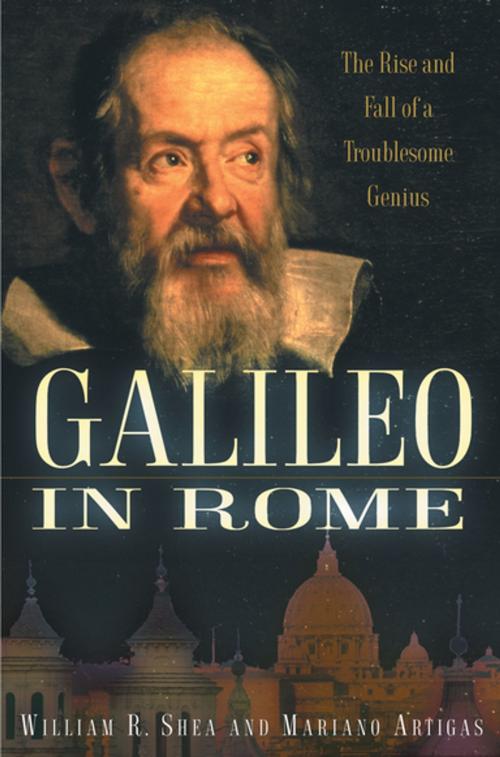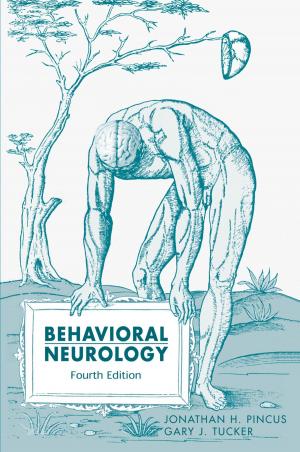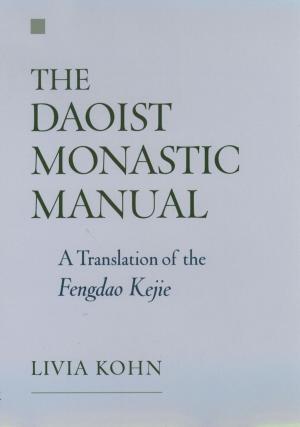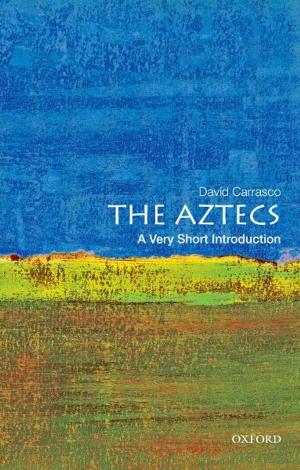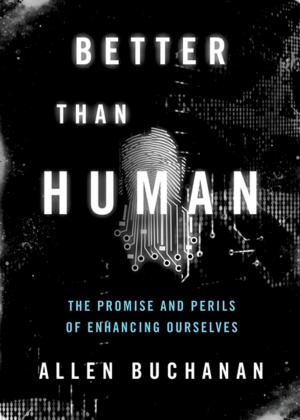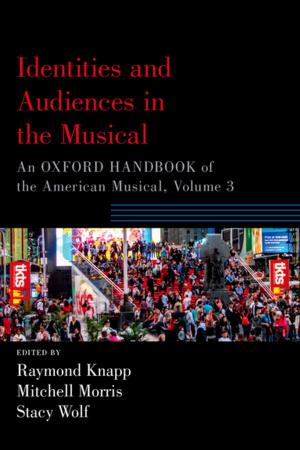Galileo in Rome
The Rise and Fall of a Troublesome Genius
Nonfiction, Religion & Spirituality, Christianity, Church, Church History, Science & Nature, Science, Other Sciences, History, Biography & Memoir, Reference| Author: | William R. Shea, Mariano Artigas | ISBN: | 9780190292218 |
| Publisher: | Oxford University Press | Publication: | October 21, 2004 |
| Imprint: | Oxford University Press | Language: | English |
| Author: | William R. Shea, Mariano Artigas |
| ISBN: | 9780190292218 |
| Publisher: | Oxford University Press |
| Publication: | October 21, 2004 |
| Imprint: | Oxford University Press |
| Language: | English |
Galileo's trial by the Inquisition is one of the most dramatic incidents in the history of science and religion. Today, we tend to see this event in black and white--Galileo all white, the Church all black. Galileo in Rome presents a much more nuanced account of Galileo's relationship with Rome. The book offers a fascinating account of the six trips Galileo made to Rome, from his first visit at age 23, as an unemployed mathematician, to his final fateful journey to face the Inquisition. The authors reveal why the theory that the Earth revolves around the Sun, set forth in Galileo's Dialogue, stirred a hornet's nest of theological issues, and they argue that, despite these issues, the Church might have accepted Copernicus if there had been solid proof. More interesting, they show how Galileo dug his own grave. To get the imprimatur, he brought political pressure to bear on the Roman Censor. He disobeyed a Church order not to teach the heliocentric theory. And he had a character named Simplicio (which in Italian sounds like simpleton) raise the same objections to heliocentrism that the Pope had raised with Galileo. The authors show that throughout the trial, until the final sentence and abjuration, the Church treated Galileo with great deference, and once he was declared guilty commuted his sentence to house arrest. Here then is a unique look at the life of Galileo as well as a strikingly different view of an event that has come to epitomize the Church's supposed antagonism toward science.
Galileo's trial by the Inquisition is one of the most dramatic incidents in the history of science and religion. Today, we tend to see this event in black and white--Galileo all white, the Church all black. Galileo in Rome presents a much more nuanced account of Galileo's relationship with Rome. The book offers a fascinating account of the six trips Galileo made to Rome, from his first visit at age 23, as an unemployed mathematician, to his final fateful journey to face the Inquisition. The authors reveal why the theory that the Earth revolves around the Sun, set forth in Galileo's Dialogue, stirred a hornet's nest of theological issues, and they argue that, despite these issues, the Church might have accepted Copernicus if there had been solid proof. More interesting, they show how Galileo dug his own grave. To get the imprimatur, he brought political pressure to bear on the Roman Censor. He disobeyed a Church order not to teach the heliocentric theory. And he had a character named Simplicio (which in Italian sounds like simpleton) raise the same objections to heliocentrism that the Pope had raised with Galileo. The authors show that throughout the trial, until the final sentence and abjuration, the Church treated Galileo with great deference, and once he was declared guilty commuted his sentence to house arrest. Here then is a unique look at the life of Galileo as well as a strikingly different view of an event that has come to epitomize the Church's supposed antagonism toward science.
